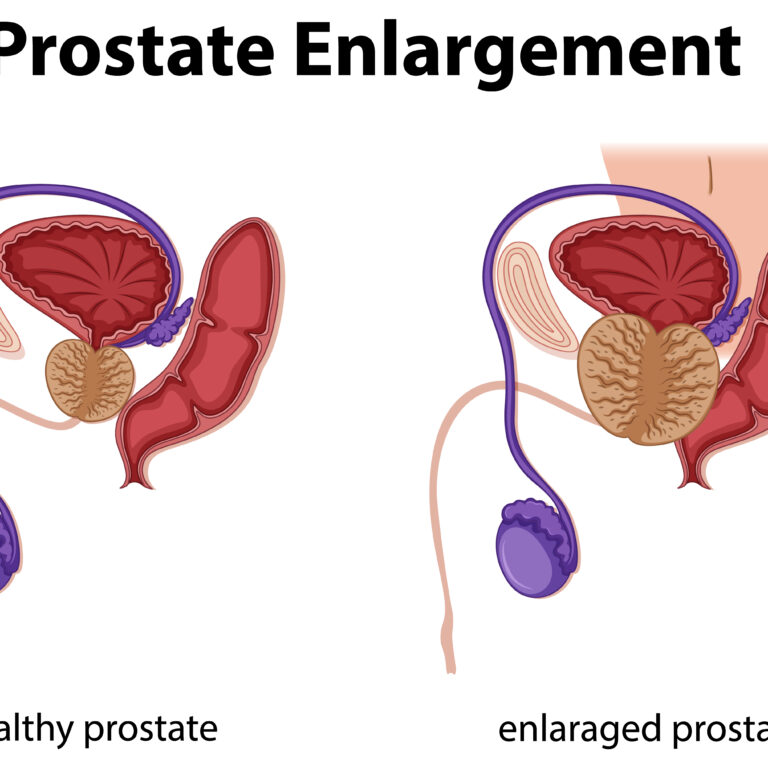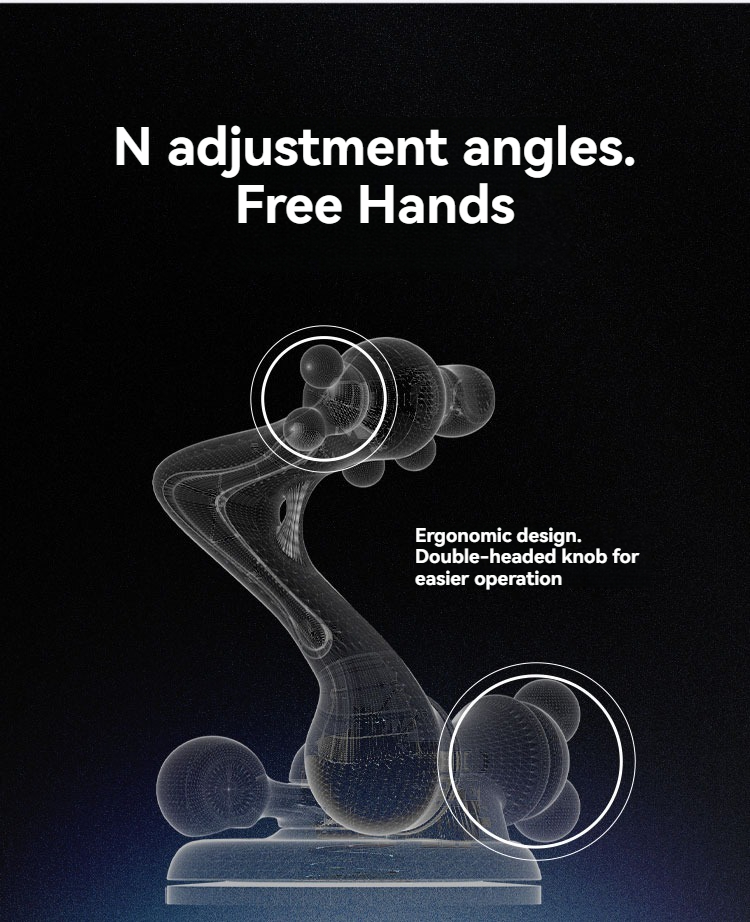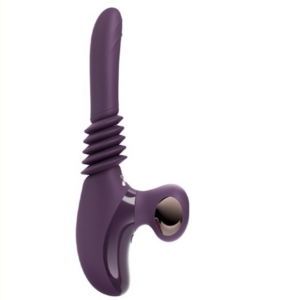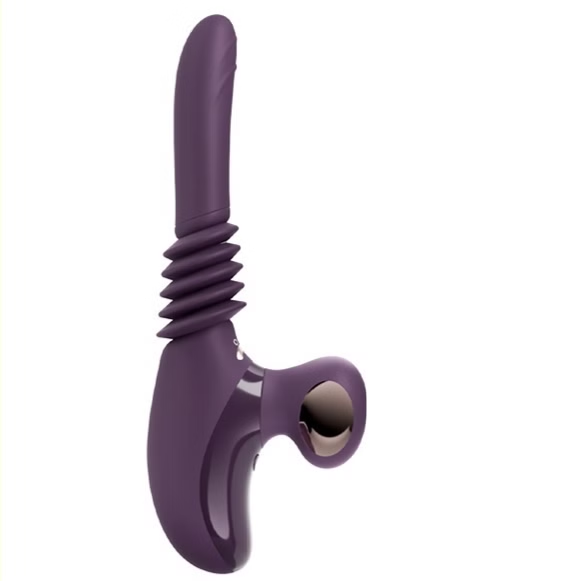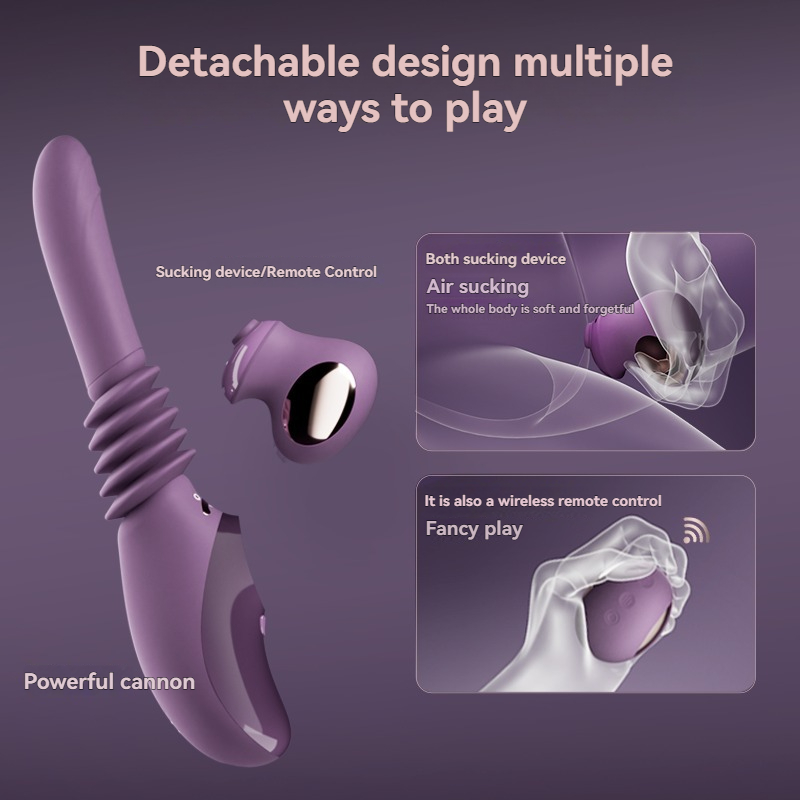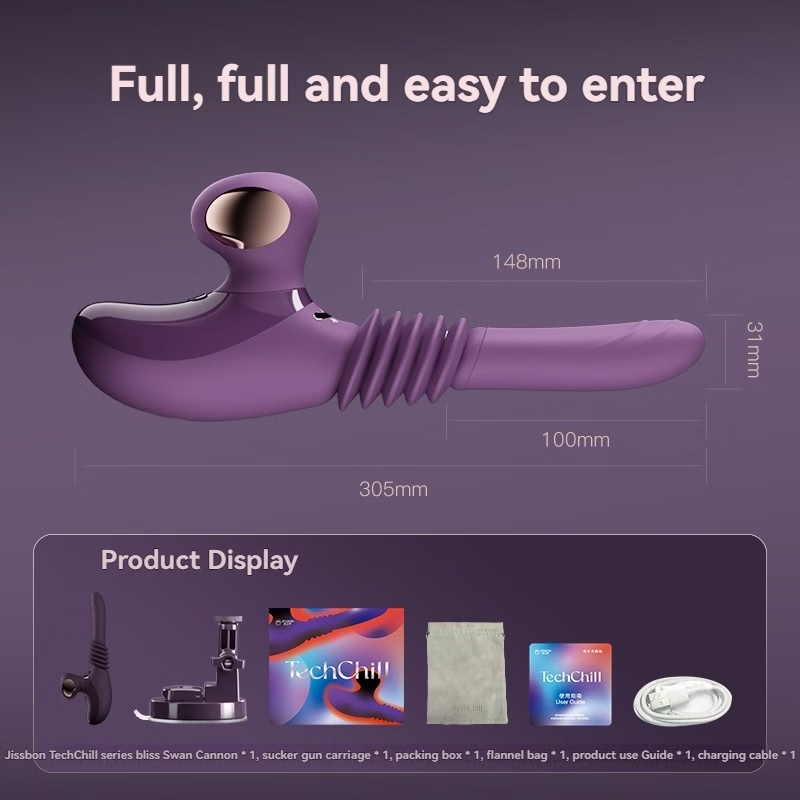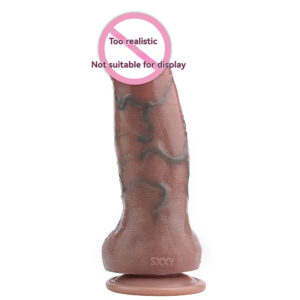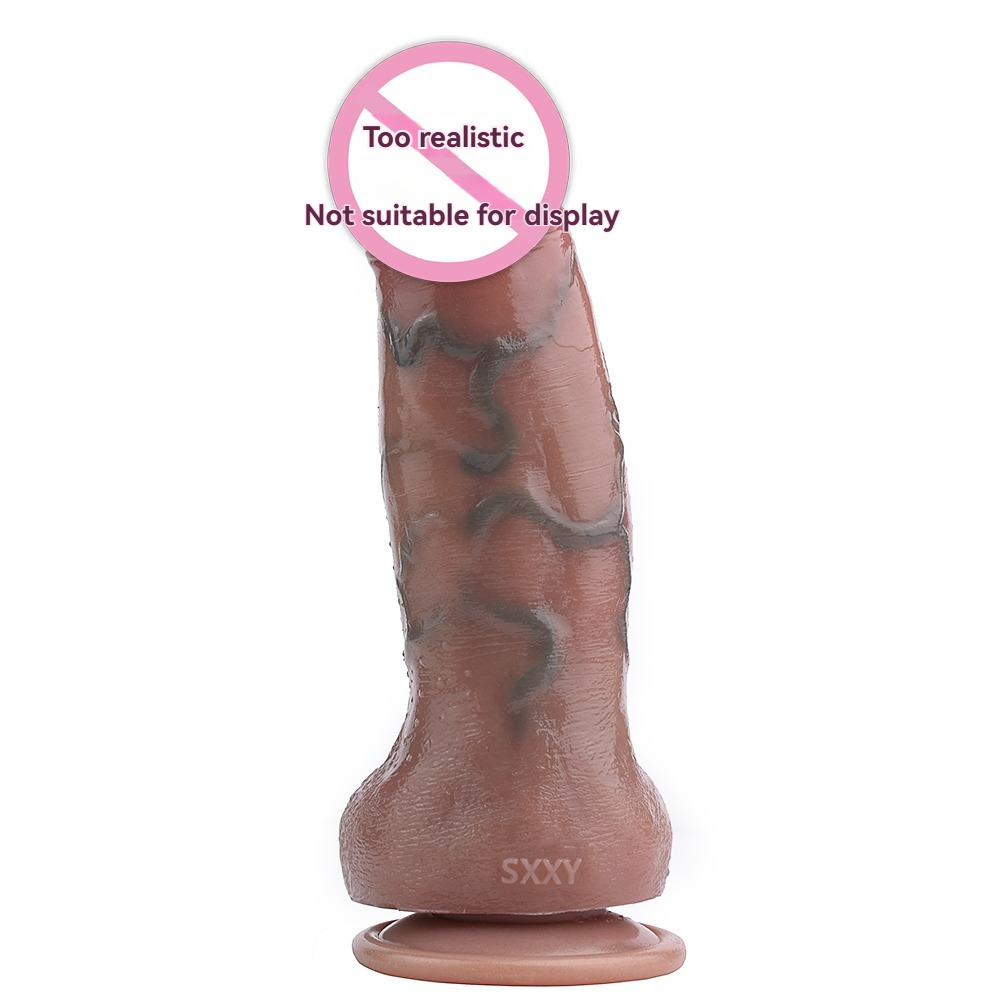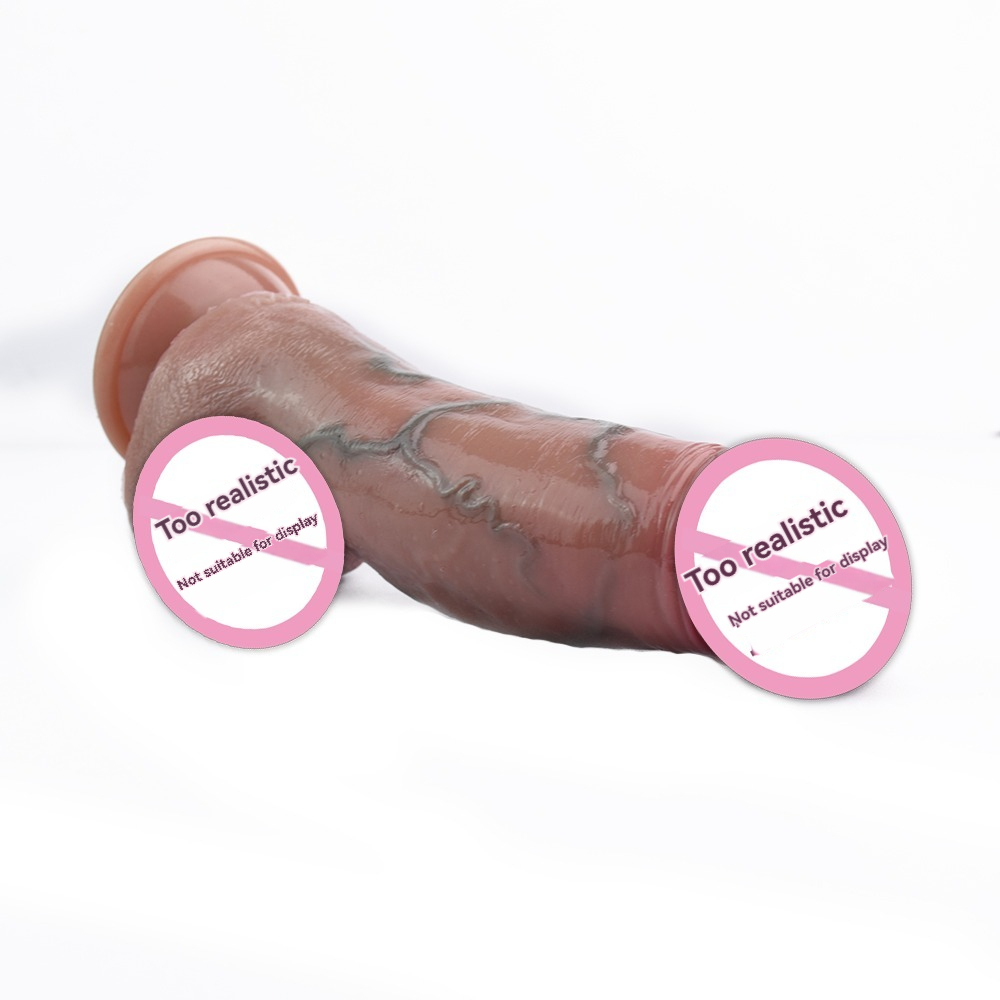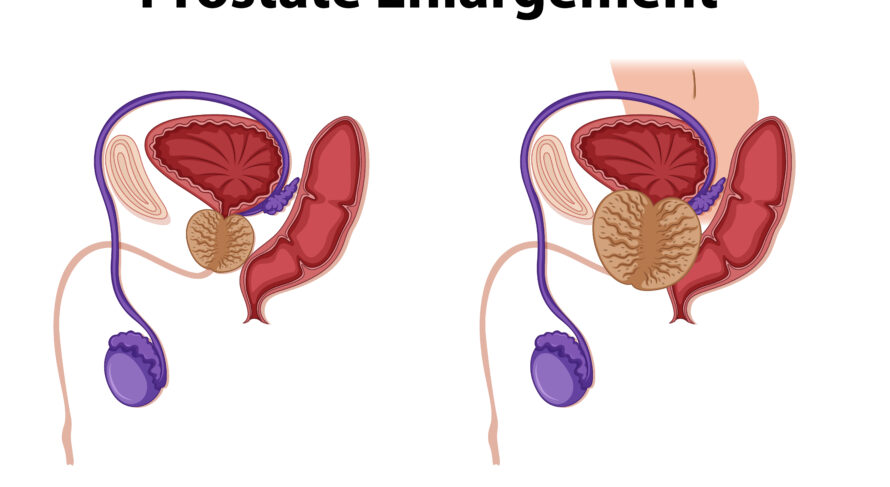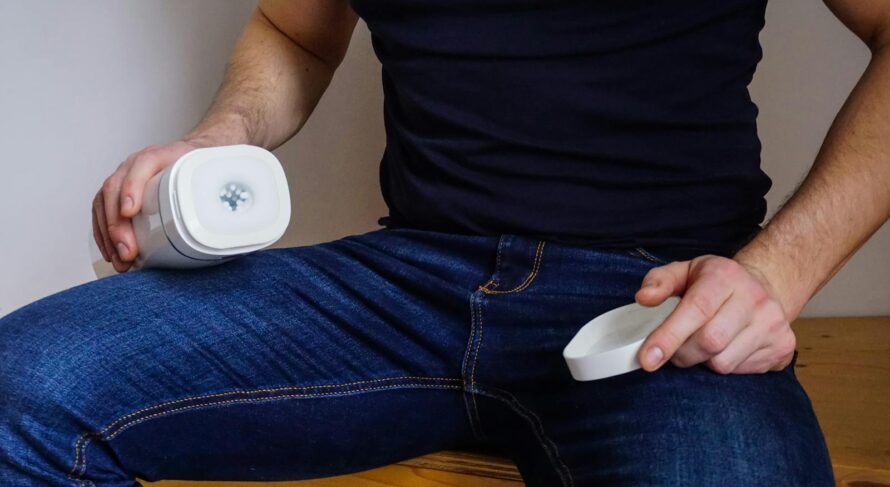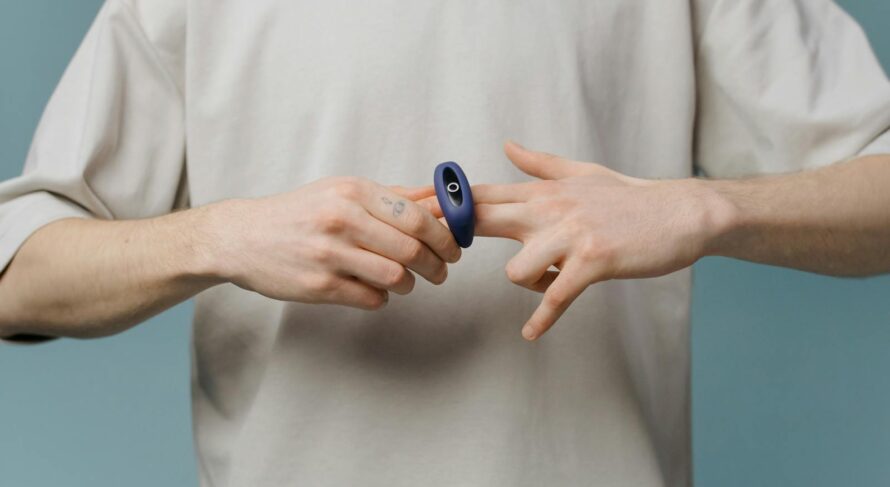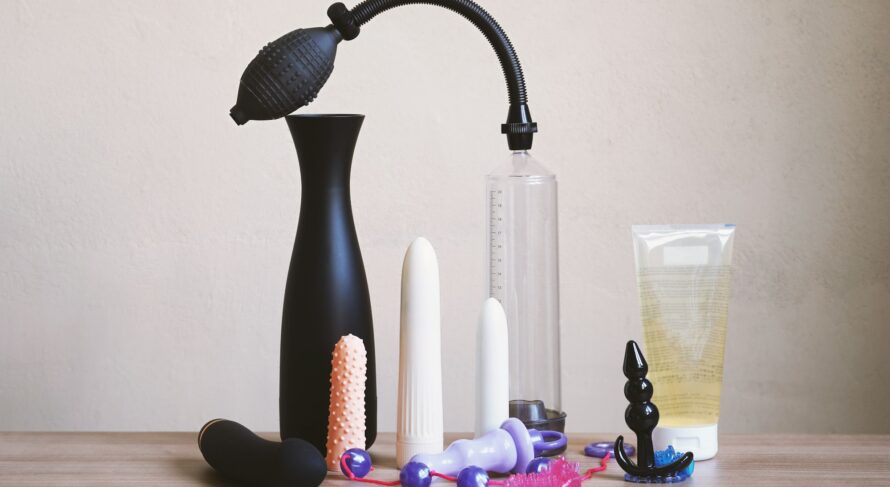Exploring Tooth Guards for Oral Sex: What They Are and How They Enhance Safety

Key Takeaways
- Understanding Tooth Guards: Learn what tooth guards for oral sex are and their purpose.
- Importance of Safe Oral Practices: Discover why protection matters during oral sex.
- Types of Protective Barriers: Explore various devices, including dental dams and tooth guards.
- Benefits and Considerations: Weigh the pros and cons of using tooth guards during intimate moments.
- Usage and Maintenance: Get tips on how to use and care for tooth guards effectively.
- Sexual Health Awareness: Enhance your knowledge about STI prevention and safe sex practices.
Table of Contents
- Introduction
- The Significance of Safety in Sexual Activities
- Purpose of the Guide
- Understanding Oral Sex and Associated Risks
- Overview of Oral Sexual Practices
- Potential Risks Involved (STIs, Injuries)
- What Are Tooth Guards for Oral Sex?
- Definition and Purpose
- How They Differ from Dental Dams and Mouthguards
- Types of Protective Barriers Used in Oral Sex
- Dental Dams
- Condoms (Male and Female)
- Tooth Guards
- Comparison of Different Protective Devices
- Benefits of Using Tooth Guards During Oral Sex
- Protection Against Injuries
- Reduction of STI Transmission Risk
- Enhanced Comfort and Pleasure
- Considerations and Potential Drawbacks
- Possible Reduction in Sensation
- Comfort and Fit Issues
- Availability and Cost
- How to Use Tooth Guards Safely and Effectively
- Selecting the Right Product
- Proper Placement and Usage
- Cleaning and Maintenance Tips
- Alternatives to Tooth Guards
- Dental Dams: Usage and Benefits
- Modified Condoms
- Natural Precautions and Techniques
- Communication with Your Partner
- Discussing Safety Measures
- Building Trust and Consent
- Addressing Concerns and Preferences
- Sexual Health and Safe Practices
- Understanding STIs and Transmission
- Regular Health Check-Ups
- Educating Yourself and Others
- Where to Purchase Tooth Guards and Protective Devices
- Physical Stores and Pharmacies
- What to Look for When Buying
- FAQs
- Do tooth guards specifically designed for oral sex exist?
- How effective are tooth guards in preventing STIs?
- Can regular sports mouthguards be used for oral sex?
- How do I introduce the idea of using a tooth guard to my partner?
- Are there any side effects of using tooth guards during oral sex?
- Conclusion
- Recap of Key Points
- Encouragement to Practice Safe and Enjoyable Sex
- References
Introduction
The Significance of Safety in Sexual Activities
Engaging in sexual activities is a natural part of human relationships and self-expression. However, prioritizing safety is essential to protect against health risks like sexually transmitted infections (STIs) and physical injuries. Safety not only preserves health but also ensures mutual comfort and trust between partners.
Purpose of the Guide
This guide serves as an educational resource for understanding how protective measures like tooth guards can enhance safety and pleasure during oral sex. It aims to demystify the concept of using tooth guards, provide practical tips for their usage, and promote a culture of informed and consensual sexual practices.
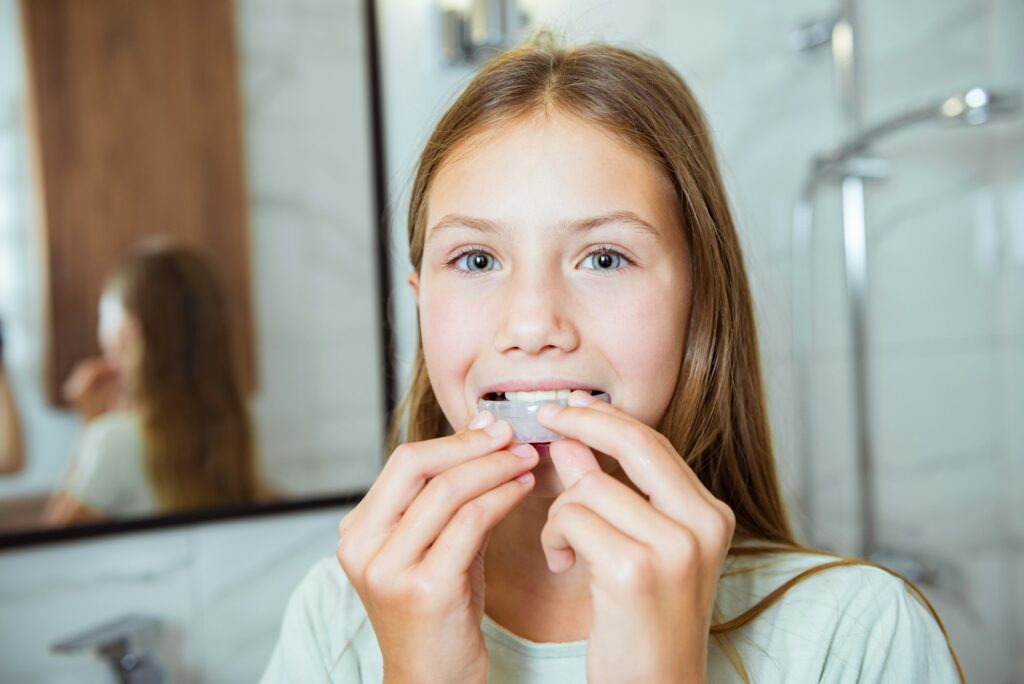
Understanding Oral Sex and Associated Risks
Overview of Oral Sexual Practices
Oral sex involves the stimulation of the genital or anal area using the mouth, lips, or tongue. It is a common and intimate act that fosters connection and pleasure between partners. However, like any sexual activity, oral sex carries certain risks.
Potential Risks Involved (STIs, Injuries)
- Sexually Transmitted Infections (STIs): Oral sex can transmit infections such as herpes, gonorrhea, chlamydia, syphilis, and human papillomavirus (HPV).
- Physical Injuries: Biting, scraping, or excessive pressure can cause discomfort or minor injuries, increasing susceptibility to infections.
Understanding these risks underscores the importance of protective barriers like tooth guards.
What Are Tooth Guards for Oral Sex?
A Revolutionary Tool for Safer, Smoother Intimacy
Tooth guards for oral sex are an ingenious innovation designed to tackle a common yet under-discussed issue: teeth-related injuries during oral sex. Whether you’re new to intimacy or a seasoned enthusiast, the delicate balance between pleasure and safety is crucial. These protective devices are crafted with both practicality and comfort in mind, making them an ideal solution for individuals seeking enhanced safety and an improved overall experience during oral activities.
Definition and Purpose
At their core, tooth guards serve as a protective barrier between the teeth and sensitive tissues of the body. Unlike dental dams or traditional mouthguards, tooth guards specifically address the unique demands of oral sex. Here’s how they shine:
- Physical Safety: They shield delicate areas from accidental nicks, bites, or scrapes caused by teeth. This protection is especially valuable for partners with dental appliances (like braces or retainers) or naturally sharper teeth.
- Psychological Comfort: Tooth guards alleviate the anxiety of causing pain or injury, helping partners feel more confident and present in the moment.
- Enhanced Sensation: By creating a smoother interface, tooth guards can also amplify pleasure by eliminating sharp, hard, or uneven surfaces that may interfere with the experience.
Think of them as the perfect blend of functionality and sensuality: a tool that not only protects but also enables intimacy to flourish without fear or hesitation.
How They Differ from Dental Dams and Mouthguards
To fully understand their value, it’s important to distinguish tooth guards from two similar but distinct tools: dental dams and mouthguards. Each has a specific role, but tooth guards fill a niche that neither can adequately address.
1. Dental Dams: STI Protection First, Comfort Second
- What They Are: Thin, flexible sheets of latex or polyurethane used to cover the genital or anal area during oral sex.
- Primary Use Case: Dental dams are primarily designed to reduce the risk of sexually transmitted infections (STIs) by preventing direct contact with bodily fluids.
- Why They’re Different: While they protect against infection, dental dams do not address teeth-related injuries or oral comfort. They are applied over the recipient’s body, not worn by the giver, and therefore lack the ability to modify the teeth’s role in intimacy.
2. Mouthguards: Dental Safety, No Intimacy
- What They Are: Rigid or semi-rigid devices typically used in sports or medical applications to protect teeth from impacts or grinding.
- Primary Use Case: Mouthguards are designed to shield teeth—not soft tissues—and are completely impractical for use in sexual settings due to their bulk and stiffness.
- Why They’re Different: A standard sports mouthguard is large, uncomfortable, and may interfere with oral dexterity. They also aren’t designed for hygiene during intimacy, making them an unsuitable alternative.
3. Tooth Guards: The Intimate Innovator
- What They Are: Tooth guards combine the protective qualities of a mouthguard with the sensual adaptability required for oral sex. They are purpose-built, designed with soft materials that contour to the teeth without impeding natural oral movements.
- Primary Use Case: Preventing teeth-related injuries while enhancing comfort and pleasure during oral intimacy.
- Unique Features:
- Slim, Flexible Design: Ensures a natural fit and allows for full oral mobility.
- Hygienic Materials: Often crafted from hypoallergenic, body-safe silicone or medical-grade materials that are easy to clean and safe for intimate contact.
- Custom Fit: Many options are moldable, allowing users to create a snug fit tailored to their unique dental structure.
- Discretion and Ease of Use: Lightweight and unobtrusive, these guards are designed to be user-friendly, making them accessible even for beginners.
Why Choose Tooth Guards for Oral Sex?
Tooth guards are not merely a practical accessory—they are an inclusive solution to a wide array of challenges that may arise in intimate situations. Here are some scenarios where tooth guards can truly make a difference:
- For Partners with Braces or Dental Work: Traditional orthodontic appliances can pose risks during oral intimacy, as their sharp edges or protruding elements may inadvertently cause discomfort or injury. Tooth guards neutralize this concern entirely.
- For Individuals with Sharp or Uneven Teeth: Natural dental variations can sometimes create anxiety during oral sex. A tooth guard smooths out these irregularities, offering peace of mind to both partners.
- For Enhanced Comfort and Confidence: Some people may feel self-conscious about their teeth or worry about causing pain. Tooth guards allow them to focus entirely on the act itself, fostering deeper connection and pleasure.
- For Reducing Sensitivity Issues: For partners who are particularly sensitive to teeth contact, these guards provide an added layer of comfort without diminishing the sensations of intimacy.
Real-Life Applications and Scenarios
Imagine this: a partner who’s hesitant to engage in oral sex because of their braces or dental aligners. The fear of accidentally causing harm creates a barrier to intimacy. With tooth guards, that anxiety vanishes, replaced by newfound confidence and freedom.
Or consider a couple exploring new dimensions of their sexual relationship. They want to ensure their experiences are as safe as they are pleasurable. Tooth guards offer them a tool to experiment comfortably, removing the potential for awkward or painful accidents.
These scenarios illustrate how tooth guards go beyond functionality—they empower individuals to embrace their sexual health and intimacy without fear.
The Future of Intimate Safety
Tooth guards represent a growing trend in sexual wellness products: solutions that prioritize inclusivity, adaptability, and user comfort. As discussions about sexual health become more open and diverse, tools like tooth guards are paving the way for safer, more satisfying experiences. Whether you’re seeking to prevent injuries, boost confidence, or simply explore intimacy with added peace of mind, tooth guards are a valuable addition to your sexual wellness toolkit.

Types of Protective Barriers Used in Oral Sex
Dental Dams
- Lightweight and flexible.
- Effective for STI prevention.
- Available in flavored varieties to enhance the experience.
Condoms (Male and Female)
- Cut and used as a barrier.
- Readily available and affordable.
- Versatile but may not offer the same tactile sensation.
Tooth Guards
- Provide teeth coverage without compromising oral comfort.
- Ideal for individuals concerned about accidental injuries.
Comparison of Different Protective Devices
| Barrier Type | Primary Use | Key Advantage | Drawback |
|---|---|---|---|
| Dental Dams | Genital/anal protection | Effective for STI prevention | Limited oral mobility |
| Condoms | Multi-purpose | Easy to find and use | May reduce sensation |
| Tooth Guards | Oral safety | Prevents teeth injuries | Less widely available |
Benefits of Using Tooth Guards During Oral Sex
Protection Against Injuries
Tooth guards are specifically designed to shield delicate areas from accidental bites, scrapes, or other injuries that may occur during oral sex. This is particularly important for individuals with braces or sharp teeth, as the risk of causing unintentional harm is higher. The guard acts as a buffer, creating a smooth surface that minimizes direct contact between teeth and sensitive skin. This not only enhances the safety of the experience but also alleviates any concerns a partner might have about discomfort or pain.
Reduction of STI Transmission Risk
Although tooth guards alone are not a comprehensive solution for preventing sexually transmitted infections (STIs), they can play a supportive role when used in conjunction with other protective barriers like dental dams or condoms. By covering the teeth, tooth guards reduce the chance of micro-tears in delicate tissues, which can increase the risk of STI transmission. For those who prioritize safer sex practices, combining tools like tooth guards and other protective methods can provide an extra layer of security and peace of mind.
Enhanced Comfort and Pleasure
Tooth guards are made of smooth, non-invasive materials that eliminate the worry of teeth interference during oral activities. This allows both partners to relax and focus entirely on the intimacy of the moment. For the giver, tooth guards provide confidence in their ability to fully engage without fear of accidental injuries. For the receiver, the absence of teeth contact often leads to a more comfortable and pleasurable experience. When worry and discomfort are removed from the equation, both partners can enjoy a more fulfilling and connected interaction.

Additional Benefits
Improved Hygiene
Tooth guards are often easy to clean and reusable, ensuring a hygienic experience for both partners. They can also help prevent the transfer of bacteria from the mouth to sensitive areas, adding an extra level of protection.
Support for Braces or Dental Work
Individuals with braces, retainers, or other dental appliances may find it difficult to engage in oral sex without causing discomfort. Tooth guards provide a safe and effective solution by covering the sharp edges of dental hardware, making the experience smoother and more enjoyable.
Customization Options
Tooth guards come in various sizes and materials, allowing individuals to choose one that fits their needs and preferences. This ensures maximum comfort and usability during intimate moments.
Conclusion
Tooth guards are a versatile and practical tool that can enhance safety, comfort, and pleasure during oral sex. By protecting against injuries, reducing the risk of STI transmission, and allowing partners to focus on their connection, tooth guards contribute to a more enjoyable and worry-free intimate experience. Whether you’re exploring new methods for safer sex or simply looking to elevate your comfort, tooth guards are a valuable addition to any couple’s toolkit.
Considerations and Potential Drawbacks
Possible Reduction in Sensation
Some users may find the barrier reduces tactile sensation, though this varies by material and design.
Comfort and Fit Issues
Improperly fitted guards may cause discomfort or impede natural movement.
Availability and Cost
Tooth guards designed for sexual purposes may be less readily available and costlier than general protective barriers.
How to Use Tooth Guards Safely and Effectively
Selecting the Right Product
- Opt for medical-grade materials.
- Choose a size that fits snugly without causing discomfort.
Proper Placement and Usage
- Follow the manufacturer’s instructions for insertion and positioning.
- Ensure the guard covers all teeth securely.
Cleaning and Maintenance Tips
- Wash thoroughly with warm water and mild soap after use.
- Store in a clean, dry container to maintain hygiene.
Alternatives to Tooth Guards
While tooth guards offer unique benefits, there are several alternative protective measures to consider for safe oral sex. These alternatives cater to individual preferences, ensuring safety and comfort without compromising intimacy.
Dental Dams: Usage and Benefits
- What Are They?
Dental dams are thin, flexible sheets of latex or polyurethane used as a barrier during oral-genital or oral-anal contact. They are highly effective in preventing the exchange of bodily fluids, reducing STI transmission risks. - Benefits:
- Ease of Use: Simple to position over the genital or anal area.
- Variety: Available in different flavors and scents for a more enjoyable experience.
- Effectiveness: Proven to minimize STI transmission.
- Usage Tips:
- Ensure the dam remains taut during use to maximize coverage.
- Use water-based or silicone-based lubricants for better comfort and adherence.
Modified Condoms
- How It Works:
A condom can be cut open to create a flat barrier similar to a dental dam. This DIY method is cost-effective and convenient. - Advantages:
- Readily available in stores.
- Affordable compared to specialized products.
- Considerations:
Ensure the edges are smooth after cutting to avoid irritation or discomfort.
Natural Precautions and Techniques
For those seeking non-barrier methods, maintaining safe practices is essential:
- Good Oral Hygiene: Regular brushing, flossing, and avoiding oral sex with cuts or sores in the mouth reduce infection risks.
- Communication: Discuss health status and recent STI tests with your partner.
- Avoid Rough Techniques: Gentle actions lower the chance of injuries.
Communication with Your Partner
Open dialogue is the cornerstone of a healthy and enjoyable sexual experience. Discussing safety measures like tooth guards or alternatives fosters trust and ensures mutual comfort.
Discussing Safety Measures
- Approach the topic positively:
Frame the conversation around mutual care and shared goals for safety and pleasure. - Example:
“I want to ensure that we’re both comfortable and safe during intimate moments. Have you heard of protective measures like tooth guards or dental dams?”
Building Trust and Consent
- Trust:
Trust is built through transparency and respect for each other’s boundaries. - Consent:
Always seek enthusiastic consent when introducing new practices. This creates a safe space for exploration.
Addressing Concerns and Preferences
Partners may have concerns or preferences regarding tooth guards or protective barriers. Listen actively, validate their feelings, and suggest solutions collaboratively.
Sexual Health and Safe Practices
Maintaining sexual health is crucial for reducing risks and fostering confidence during intimacy.
Understanding STIs and Transmission
- Common STIs Transmitted via Oral Sex:
- Herpes (HSV-1 and HSV-2)
- Human Papillomavirus (HPV)
- Gonorrhea
- Syphilis
- Barrier Protections:
Tooth guards and dental dams act as effective barriers, reducing exposure to infectious agents.
Regular Health Check-Ups
- Schedule STI screenings regularly, even in monogamous relationships.
- Discuss results openly with your partner to build trust and mutual understanding.
Educating Yourself and Others
- Stay informed about new research and safe sex practices.
- Share knowledge with friends or within communities to promote awareness.
Where to Purchase Tooth Guards and Protective Devices
Finding high-quality tooth guards and other protective devices is essential for effective use and safety.
Physical Stores and Pharmacies
- Major pharmacy chains often stock dental dams and condoms.
- Specialty stores catering to sexual health may offer tooth guards specifically designed for intimacy.
Online Retailers
- Look for trusted websites with customer reviews, such as Amazon or dedicated sexual health platforms.
- Ensure the product is FDA-approved or meets medical-grade safety standards.
What to Look for When Buying
- Material Quality:
Opt for medical-grade silicone or latex for durability and safety. - Reputation:
Check the brand’s credibility and customer reviews before purchasing.

FAQs
1. Do tooth guards specifically designed for oral sex exist?
Yes, some manufacturers design tooth guards with safe, comfortable materials intended for oral intimacy. These products are less common but can be found online or in specialty stores.
2. How effective are tooth guards in preventing STIs?
While tooth guards prevent injuries, they are not standalone STI prevention tools. Combining tooth guards with dental dams or condoms ensures comprehensive protection.
3. Can regular sports mouthguards be used for oral sex?
Sports mouthguards are not designed for intimate activities. They may be bulky, uncomfortable, or made of materials unsuitable for prolonged contact with sensitive areas.
4. How do I introduce the idea of using a tooth guard to my partner?
Start with open, nonjudgmental communication. Explain your reasons—safety, comfort, or curiosity—and invite your partner to share their thoughts.
5. Are there any side effects of using tooth guards during oral sex?
When used correctly, side effects are minimal. Discomfort may arise from improper fit or material allergies, so choosing the right product is key.
Conclusion
Tooth guards for oral sex represent a thoughtful approach to enhancing safety and comfort during intimate activities. By understanding their purpose, benefits, and proper use, individuals can enjoy more confident and fulfilling experiences. Combined with open communication, regular health practices, and mutual respect, protective measures contribute to both physical and emotional well-being in relationships.
References
- Centers for Disease Control and Prevention (CDC). (2021). Sexually transmitted infections treatment guidelines. Retrieved from https://www.cdc.gov
- Planned Parenthood. (2023). Safer sex and barriers for oral sex. Retrieved from https://www.plannedparenthood.org
- World Health Organization (WHO). (2020). Sexual health and safety practices: A global perspective. Retrieved from https://www.who.int









